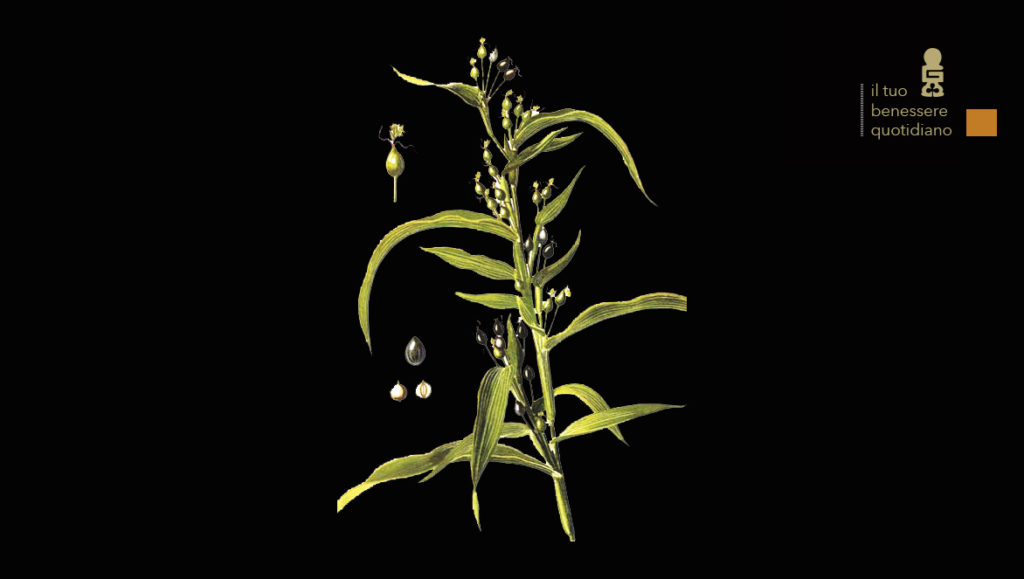REGULATES-HARMONIZES-PURIFIES FROM EXCESS HEAT AND MOISTURE
QI TONIC.
ACTIVE
Ac. Palmitic, Ac. Oleic, Ac. Linoleic, Vit-C, β-carotene, magnesium, iron, manganese,
NITRIC OXIDE AND SUPEROXIDE INHIBITION, EDEMA, SWELLING, ACNE, PROBLEMS URINATING, TENSION, JOINT STIFFNESS,
The primary role of foods has always been to satisfy hunger and provide people with needed nutrients. Today, thanks to advances in science and increased awareness among people, more and more foods are being used as true phytochemical compounds from edible plants to prevent lifestyle diseases and to maintain and enhance physical and mental well-being.
These products, called functional foods and introduced in China and Japan in the early 1980s, are now routinely used by one-fifth of the population.In a sense, these two countries are the cradle of medicine but even more so of functional foods, having invented them for millennia with their medicated diets.In traditional Chinese medicine, Job's Tears seeds, which are thermal in nature and slightly cooling, stimulate the spleen and lung, remove heat (which aids in the drainage of pus), disperse moisture and are diuretic. They are very effective in treating diarrhea and arthritis, reducing edema. We could say any kind of pain sustained by a cold-wet or hot-wet component.
Very interesting is its use in eliminating water that has been stagnating even for a long time in our bodies, which is also the cause of real blockages.Its uniqueness lies in tonifying kidneys spleen lungs without affecting the kidney's reserves. In China Job's Tears are used in the autumn diet that prepares for winter to strengthen the immune system (one teaspoon in the evening in hot water or vegetable broth, rice, preferably in vegetable puree with carrots and perhaps if possible, a little turmeric, cumin, rosemary and marjoram and extra virgin olive oil from that year's harvest).
BIBLIOGRAPHY
Chen J, Weng W. Medicinal food: the Chinese perspective. J of Med Food 1998;1(2):117-122
Holm LG, et al. A Geographical Atlas of World Weeds. John Wiley & Sons, New York, 1979.
Geng JY. (1991) Practical Traditional Chinese Medicine and Pharmacology: Medicinal Herbs Beijing: New World Press. 95-96.
Weng W, Chen J. The eastern perspective on functional foods based on traditional Chinese medicine. Nutrition Reviews 1996;54(11):S11-S16.
Zhou JJ, Xie GR and Yan XJ. Handbook of Chemical Ingredients of Chinese Traditional Medicines.. Beijing: Chemical Industry Prerss, 2004;
1768, 1769, 9111. Numbered
Kaneda T, Hidaka Y, Kashiwai T, Tada H, Takano T, Nishiyama S, Amino N, Miyai K. Effect of coix seed on the changes in peripheral lymphocyte subsets. Rinsho Byoyi 1992; 40(2):179-181.
Normile D. The new face of traditional Chinese medicine. Science 2003; 299: 188-190.
CONTRAINDICATED IN PREGNANCY.
